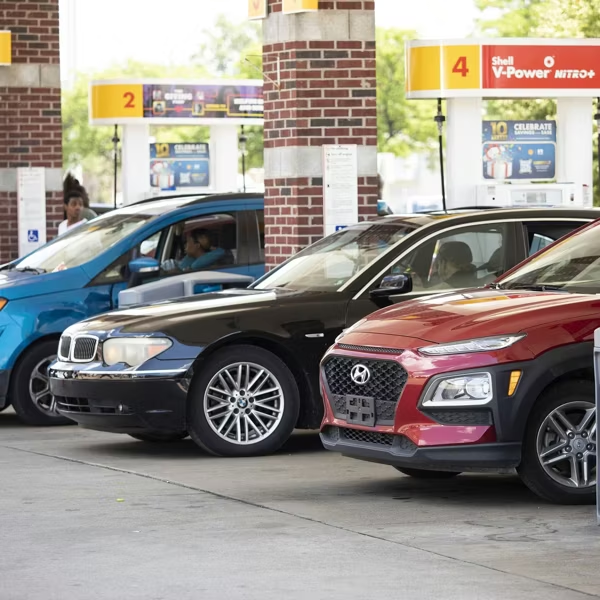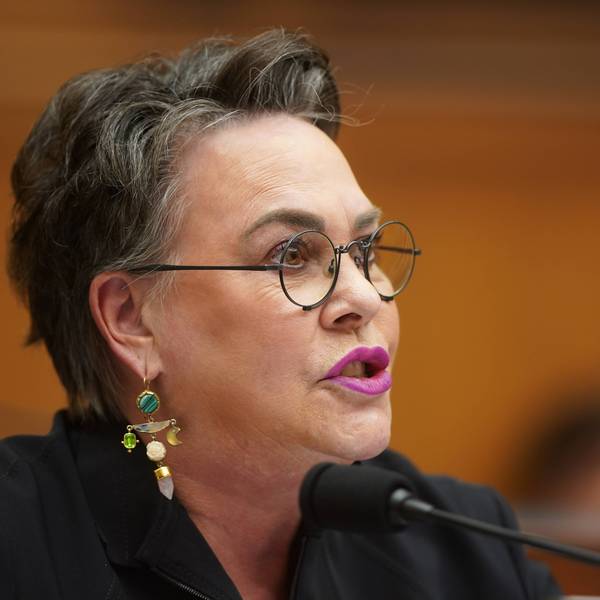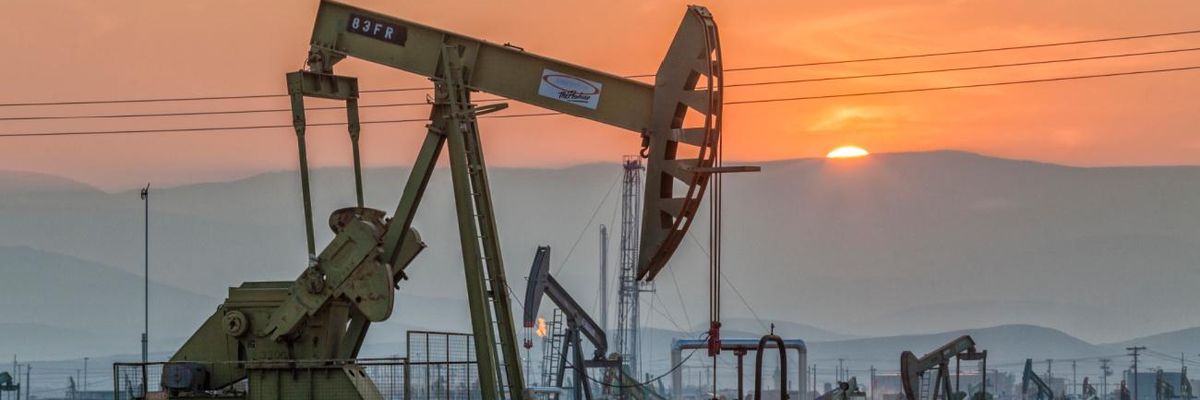A federal appeals court on Tuesday ruled that climate lawsuits filed by a half-dozen California municipalities seeking to hold fossil fuel corporations accountable for damages they knowingly caused should proceed in state court.
The unanimous ruling by a three-judge panel of the U.S. Court of Appeals for the Ninth Circuit marked the third time this year that a federal appeals court has rejected industry attempts to shift jurisdiction over climate liability lawsuits from state courts to federal court.
"It's time to make polluters pay."
As a result of the panel's decision, the counties of San Mateo, Marin, and Santa Cruz, and the cities of Imperial Beach, Richmond, and Santa Cruz moved one step closer to putting major oil, gas, and coal companies--including ExxonMobil, BP, Chevron, and Shell--on trial for deceiving the public about their role in worsening the greenhouse gas emissions that underlie soaring temperatures, rising sea levels, and increasingly frequent and intense extreme weather disasters.
Earth Rights International praised the ruling, calling it "another loss for Big Oil" and "another win for the communities fighting for climate justice."
The Center for Climate Integrity echoed that message, adding that "it's time to make polluters pay."
"This is another big, but not surprising, loss for the oil and gas majors," Richard Wiles, president of the Center for Climate Integrity, said in a statement. "Three federal appeals courts have now agreed that their arguments to escape accountability in state court do not pass muster."
In February, the U.S. Courts of Appeals for the Tenth Circuit handed down a similar ruling in a climate accountability lawsuit filed in Colorado state court by the city and county of Boulder along with San Miguel County.
It marked the first decision on this issue since the U.S. Supreme Court's 2021 ruling in BP v. Baltimore. Without addressing the merits of the climate lawsuit filed in Maryland state court, the high court last year ordered an expanded review of the fossil fuel industry's arguments for federal jurisdiction.
Earlier this month, the U.S. Courts of Appeals for the Fourth Circuit ruled that the City of Baltimore's climate lawsuit belongs in state court--becoming the second federal appeals court to reject Big Oil's effort to move liability suits filed against them in state court to federal court, where polluting corporations believe they will be more likely to escape accountability.
These recent rulings by federal appeals courts affirm lower court decisions. According to the Center for Climate Integrity, at least 10 federal district courts have ruled that climate liability lawsuits filed in state court belong in state court--a consensus that, as one judge put it, gives industry executives "a batting average of .000."
Four other federal circuit courts across the country are now considering similar requests for federal jurisdiction advanced by fossil fuel corporations. But as the Center for Climate Integrity has pointed out, "judges aren't buying Big Oil's favorite legal argument" for moving climate accountability lawsuits out of state court.
Since 2017, the attorneys general of Connecticut, Delaware, Massachusetts, Minnesota, Rhode Island, Vermont, and the District of Columbia as well as 20 city and county governments in California, Colorado, Hawaii, Maryland, New Jersey, New York, South Carolina, and Washington have filed lawsuits to hold oil, gas, and coal companies accountable for misleading the public about their contributions to the planetary emergency.
Referring to Tuesday's decision by the Ninth Circuit, Wiles stressed that "this ruling is a major victory for these California communities seeking their day in court against corporate polluters that spent decades lying about their products' role in fueling the climate crisis."




